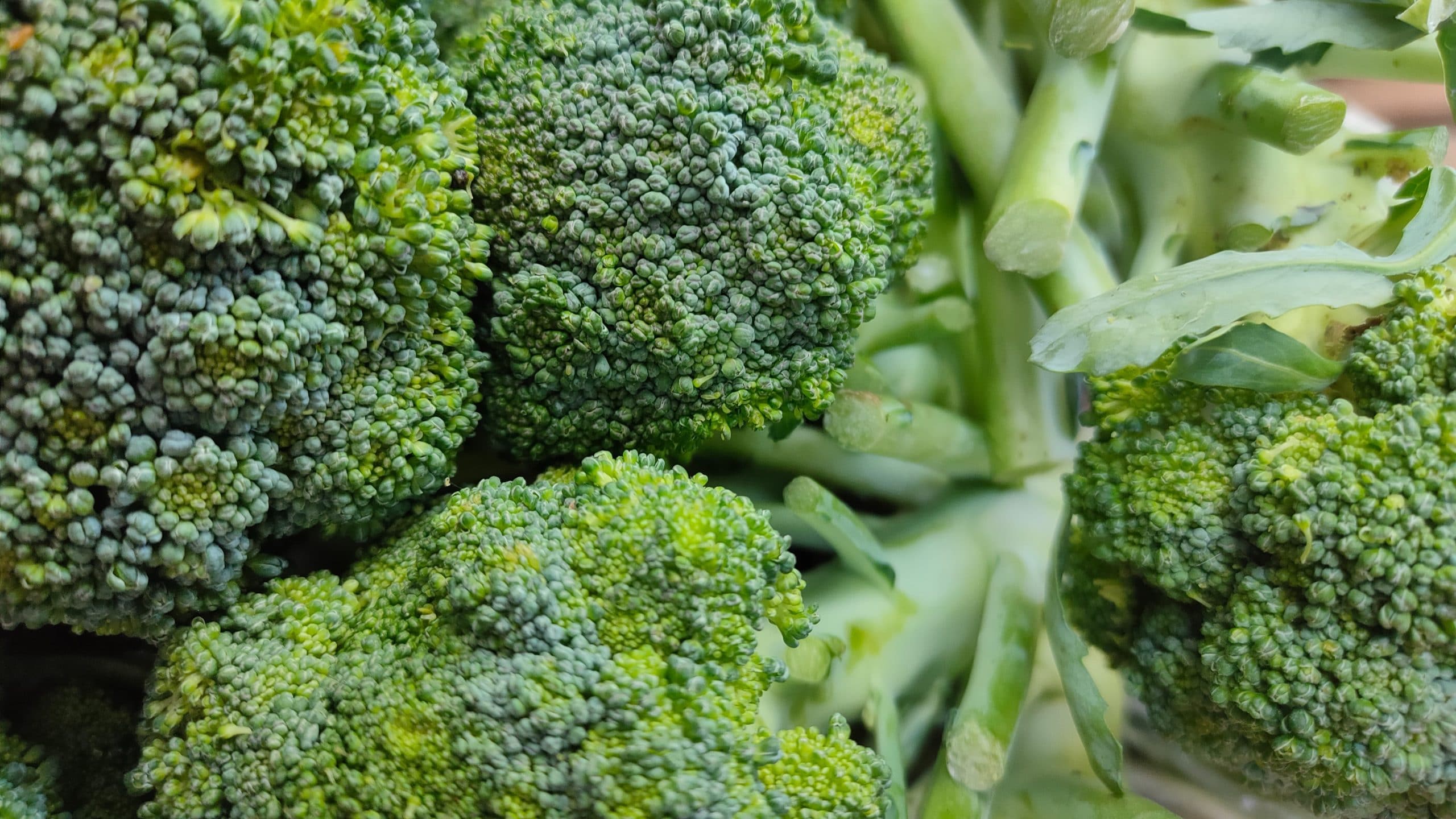Though a lot of standard dietary advice proclaims all calories equal, that couldn’t be farther from the truth. Our bodies use the food we eat as information that either staves off disease or helps create it. And 100 calories from broccoli gives your body completely different information (and nutrients!!) when compared to a 100-calorie snack pack (are those still a thing?) of crackers.
Today, we want to dive into one of the many reasons that all foods aren’t created equal, and how the types of foods you eat really do matter, whether you’re trying to lose weight, optimize digestive health, or just feel well overall.
Ok ok, we know the suspense is killing you. What is this reason, you ask? It’s called the thermic effect of food, otherwise known as dietary thermogenesis. It’s a mouthful (no pun intended!), but it’s also the reason your body responds metabolically much differently depending on what foods you’re eating.
What is the Thermic Effect of Food?
Different types of foods go through different metabolic pathways, and some pathways are much more efficient than others. Fat and carbs travel a very efficient metabolic pathway, which means that the majority of the energy you intake from the fat and protein you eat is used for “work,” or important bodily processes. The pathway for protein is a whole lot less efficient, meaning many of the calories you consume from protein are lost as heat when that protein is metabolized by the body.
According to Healthline, “the thermic effect of food (TEF) is a measure of how much different foods increase energy expenditure, due to the energy required to digest, absorb and metabolize the nutrients.” In other words, TEF measures how different foods impact your metabolism by measuring the energy needed to process the nutrients from said foods.
Protein requires a lot more calories to digest compared to fat and carbs, with a portion of protein burning about 25-30% of the calories contained within itself compared to about 2% for fat and about 7% for carbs.
How Can I Capitalize on TEF?
As we mentioned in the last section, eating more protein is the best way to utilize the TEF to your advantage. Not only does protein have the highest thermic effect of the three macronutrients (protein, fat, and carbohydrates), but it also has an anti-aging effect because it’s needed for muscle and tissue health.
Despite its importance, there’s a very good chance that you’re not eating enough protein. Yes, you! Recommended protein intake will be variable since we’re all different heights and weights and have vastly different activity levels. For example, given the demand they place on their muscles and tissues, an athlete will need more protein than the average person.
A good rule of thumb is to consume at least 30g of protein at each meal, but ideally between 30-50g. To put that in perspective, 1 ounce of protein is about 7g. If your goal is 30g/meal, you’ll need to eat at least 4oz of protein at each meal. Did you know that one egg is only considered an ounce of protein? That means you’d need to eat at least 4 eggs with breakfast to hit your goal, not the 1-2 that you’re probably eating now.
The best, most bioavailable (easiest for your body to digest and absorb!) forms of protein will be from animal products, like eggs, dairy, meat, seafood, and more. You can also get protein from plant sources, with foods like beans and other legumes, organic soy, or nuts and seeds. Just keep in mind that since many of these are a mix of carbs and protein, they won’t have the same high TEF that animal-based protein sources have.
Not only does protein have the highest TEF and have an anti-aging effect, but it is also the most satiating macronutrient. That means it keeps you full for longer, helps balance your hunger hormones, and even reduces cravings. It’s so important to eat enough! If you’re interested in reading more, we talked recently on the blog about the importance of eating enough protein.
What are your favorite sources of protein? Do you think you’re eating enough, or do you have some work to do?





Leave a Reply
No Comments